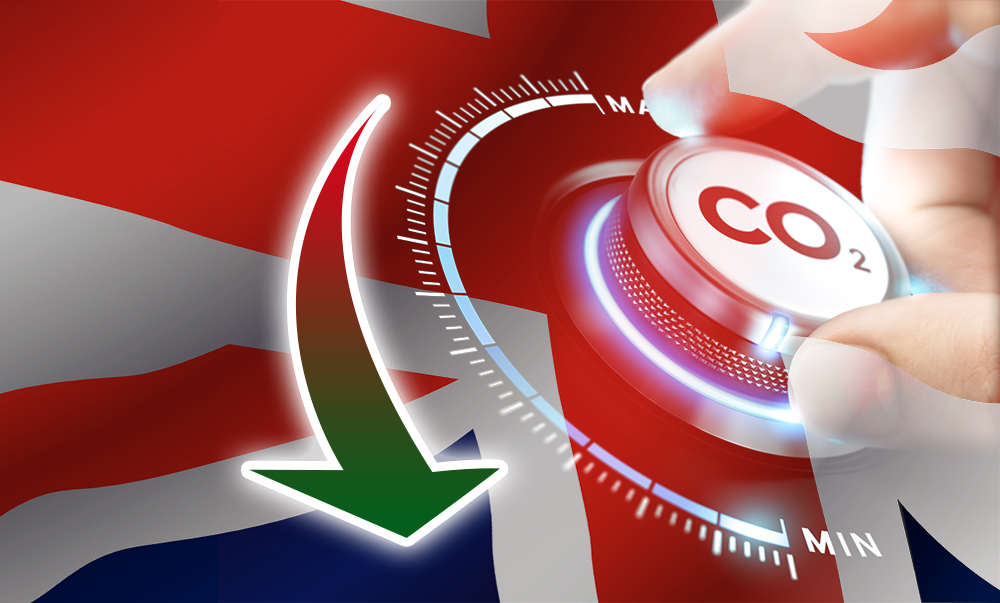
In November 2021, the UK Government published notification of its Energy Related Products Policy Framework, which aimed to set out “the UK plan on how we will drive products to use less energy, resources and materials and how this will contribute to achieving net zero.”
Fast forward to November 2022 and the European Parliament published a post relating to its intention to tackle climate change, stating: “The European Parliament adopted the European Climate Law, which raises the EU’s 2030 emissions reduction target to at least 55% from 40% and makes climate neutrality by 2050 legally binding.”
Leaving the European Union has not affected the UK’s commitment to the same environmental objectives as the EU and its members. These include the aims for the efficient use of energy characterised by the EU Energy-related Products (ErP) Directive which this ErP Compliance blog fully endorses.
Energy efficiency plays a vital role in reducing carbon emissions and significant progress has been made by the HVAC sector in product advances for both householders and businesses alike.
Schwank is a world market leader in the manufacture and supply of heating, cooling and ventilation solutions for industrial and commercial buildings, as well as other large space heating applications. The company sees the ErP Directive as a template for carbon emissions and has produced a helpful blog entry on the areas of the Directive affecting products destined for the industrial and commercial HVAC sector.
It includes the information that: “There is a uniform parameter for the energy efficiency industrial heating systems in the ErP Directive of 2018: the annual utilisation factor also called seasonal energy efficiency.”
It is worth noting that products being manufactured by Schwank exceed the seasonal energy efficiency targets set by the Directive.
Moreover, Schwank would assert that energy efficiencies in HVAC also carry additional benefits as well as reaching Net Zero targets by 2050. By reducing energy usage, the operating costs of businesses can be cut and dependency on energy from unreliable or potentially hostile sources can be diminished.
So, advantages are apparent for both individual businesses and for the economies of the UK and other nations alike. Carbon reduction, energy costs and energy security can all be encompassed within a planned and proactive energy efficiency agenda.
References
UK Gov energy related policy framework Energy-related products policy framework – GOV.UK (www.gov.uk)
EU Parliament Reducing carbon emissions: EU targets and measures | News | European Parliament (europa.eu)
Schwank Blog: https://schwank.co.uk/blog/what-is-the-significance-of-the-erp-directive-for-industrial-heating-systems/
